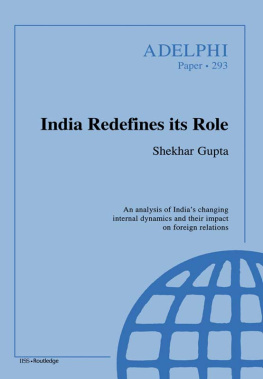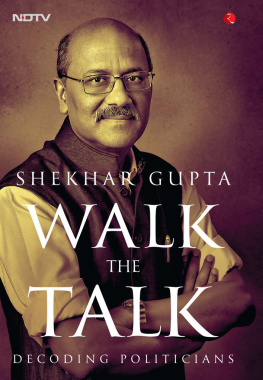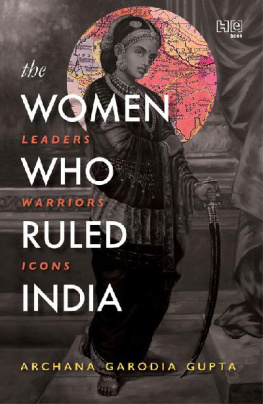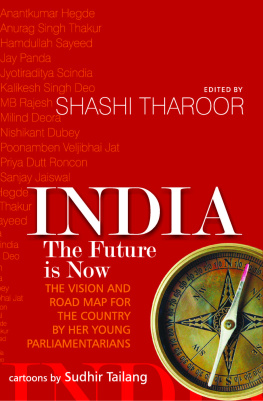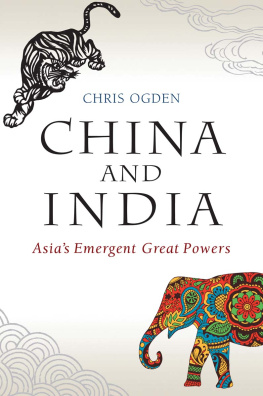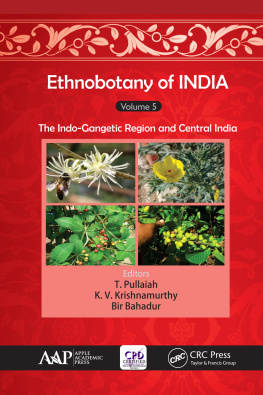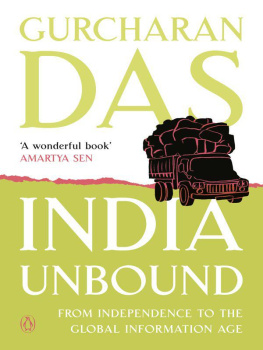First published 1995 by Oxford University Press for
The International Institute for Strategic Studies
23 Tavistock Street, London WC2E 7NQ
This reprint published by Routledge
2 Park Square, Milton Park, Abingdon, Oxon, OX14 4RN
For the International Institute for Strategic Studies
Arundel House, 1315 Arundel Street, Temple Place, London, WC2R 3DX
www.iiss.org
Simultaneously published in the USA and Canada
by Routledge
711 Third Avenue, New York, NY 10017
Routledge is an imprint of the Taylor & Francis Group, an informa business
The International Institute for Strategic Studies 1995
Director: Dr John Chipman
All rights reserved. No part of this publication may be reproduced, stored in a retrieval system or transmitted in any form or by any means, electronic, mechanical or photo-copying, recording or otherwise, without the prior permission of the International Institute for Strategic Studies. Within the UK, exceptions are allowed in respect of any fair dealing for the purpose of research or private study, or criticism or review, as permitted under the Copyright, Designs and Patents Act, 1988, or in the case of reprographic reproduction in accordance with the terms of the licences issued by the Copyright Licensing Agency. Enquiries concerning reproduction outside these terms and in other countries should be sent to the publisher.
This book is sold subject to the condition that it shall not, by way of trade or otherwise, be lent, re-sold, hired out or otherwise circulated without the publisher's prior consent in any form of binding or cover other than that in which it is published and without a similar condition including this condition being imposed on the subsequent purchaser.
British Library Cataloguing in Publication Data
Data available
Library of Congress Cataloging in Publication Data
ISBN 0-19-828021-1
ISBN 0567-932X
If the 1980s failed to meet expectations of fundamental change in India, the 1990s render change unavoidable. Revolutionary shifts in India's domestic, regional and global environment have obliterated the principles and presumptions that until recently have determined the internal and international politics of the world's most populous democracy. The early 1990s have marked the end of the Nehru-Gandhi dynasty that ruled India for more than four decades, except for minor hiccups of coalition politics, and provided a notion of stability and continuity. This decade has also seen the end of the Congress Party's total domination of national politics. Externally, this coincided with the disappearance of India's most trusted ally, the Soviet Union. Domestically, it underlined the need to bury old Nehruvian political values and the curious philosophical brew of non-alignment, mixed economy and Fabian socialism. At the same time came the rise of Hindu communalism, threatening the very basis of India's secular polity.
The loss of its most significant foreign friend and the dynasty that guided its fortunes for so long is bound to rewrite power equations in the region and change the paradigms that shape India's world view. In the past, India's domestic policies rested on a mixture of Nehru's benign socialism and his daughter Indira Gandhi's cynical but vote-catching populism. Both Indira and later Rajiv Gandhi deviated sharply from Nehruvian methods by over-centralising authority; cutting at the federal roots of the power structure; systematically destroying regional centres of power and leaders, even within their own party; reducing state (province) chief ministers to glorified vassals; and single-mindedly chipping away at democratic institutions, including the judiciary and election commission. Until Rajiv Gandhi's short-lived economic reform of the mid-1980s, profit was a dirty word and taxes were oppressively high. Combined with over-protection and the Byzantine regime of controls often called the licence-quota raj, this condemned India to decades of 34% growth, the so-called Hindu rate of growth.
Externally, the Nehru-Gandhi dynasty considered foreign, defence and nuclear policies its own preserve, but the moorings of these, and the Indira-Rajiv activist, often interventionist, foreign policy, have gone. It was this latter civilian militarism that enabled India to become a key player in the region, beginning with its intervention in East Pakistan, leading to the creation of Bangladesh in 1971, and culminating in the controversial Rajiv-Jayewardene
accord under which the Indian Peace-Keeping Force (IPKF) was sent to Sri Lanka in 1987 to help solve its ethnic problem.
It is also time for a major turnaround in defence policies. In the 1980s, assorted factors, such as the fruits of the green revolution, nearly 15 years of peace and offshore oil finds, topped by the emergence of an uncharacteristically aggressive body of military officials, resulted in ambitious power projection and excessive defence spending that broke the self-imposed barrier of 4% of the gross domestic product (GDP) for the first time in 198889. This catapulted India among the top arms-importing nations in the world and raised visions of a rapidly mechanising, nuclear-capable army and a blue-water navy. But these ambitions were thwarted by the 1991 bankruptcy that forced India to raise loans from the International Monetary Fund (IMF), necessitating economic restructuring and fulfilment of loan conditionalities requiring defence budget cuts. As the armed forces reel under the dual impact of crippled resources and the unpredictability of the Russian supply line, India is reassessing its security environment, threats and capabilities.
Traditionally, India had a siege mentality, imagining danger from China and Pakistan along its land borders, and suspecting smaller neighbours such as Bangladesh and Nepal of conspiring with its enemies. The big power presence in the Indian Ocean was seen as a threat, and the 5,000km Indian coastline was considered vulnerable to expanding naval capabilities in the region. Globally, India's non-aligned policies invited the censure of the West. Much has changed now, and promises to keep changing. As a consequence of a thaw in relations with China, for the first time in four decades Indian strategists can think in terms of no more than a single-front war. The disappearance of American Cold War partiality for Pakistan has also enabled the US to embark on a more equidistant policy in the subcontinent, although India is still far from satisfied with it. Most significant of all, economic reform and the enthusiasm it has generated have brought international focus to India after many decades of indifference.
Yet too often in the past India has generated hopes and failed to fulfil them. Rajiv Gandhi's youthful promise of taking India into the twenty-first century foundered on charges of corruption. The subsequent secular, issue-based coalition that won power in 1989 by making corruption its major election plank also drowned in maladministration and cynical caste politics. The 1991 election of the somewhat lack-lustre politician P. V. Narasimha Rao followed a particularly inauspicious series of events for India, with the collapse of two governments and yet another election resulting in an unclear verdict. The instability and uncertainty caused by Rajiv Gandhi's assassination during the 1991 election campaign should be seen in this context, given that he was president of the Congress Party, which has ruled the Centre for longer than any other national party. Through a combination of shrewd politics and cynical defections, Rao has attained a real majority and is talking in terms of a second term. But problems remain: the politico-economic change has set in motion new worries and social discord. There are increasing caste tensions in the Hindi-speaking political heartland following the victory of a lower-caste coalition in provincial elections. Several movements are emerging, with varying degrees of popular backing, against economic reform and privatisation of the public sector, as opposition parties from the far left to the far right have jumped on the xenophobic bandwagon. It is with this opposition, nurtured by a long history of anti-colonial politics, that policy-makers will have to contend as they shape policies for a new India.



